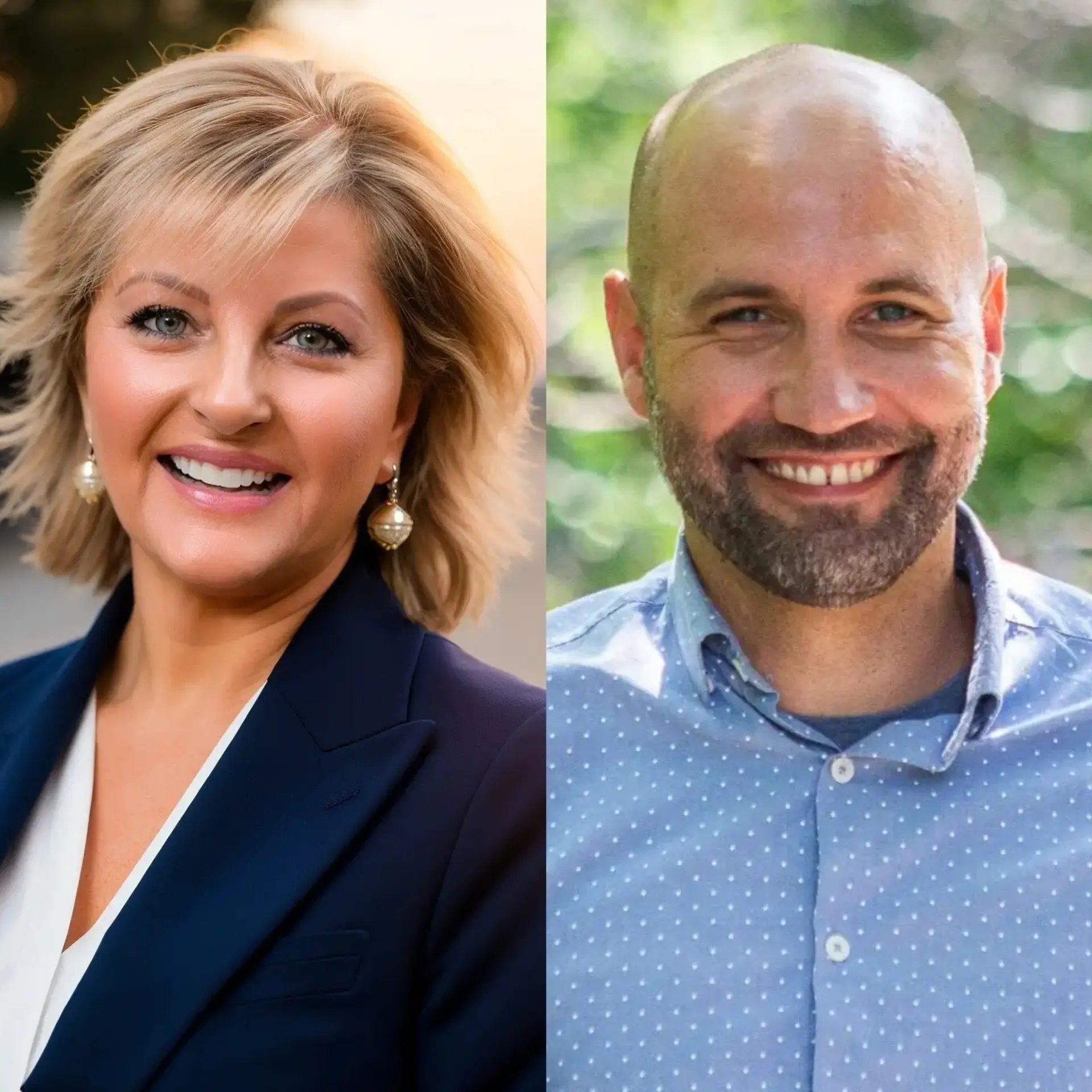“Knowing who you are as an individual on the spiritual side of life helps guide you to who you are created to be.”
One of the coolest parts of TSL is watching our coaches work 1:1 with students and helping them find the clarity and confidence they need to take their speaking businesses to the next level. And today, you’re going to get to see that process in action.
We’re back with another live coaching episode with Erick Rheam! This week, Erick is helping two former TSL students, Bryan Marvel and Jill Christensen, work through real problems they’re facing in their speaking businesses.
Bryan, a pastor and faith-based speaker, discusses his journey of balancing pastoral duties with speaking engagements. Embarking on a speaking career can often feel challenging, especially when you’re trying to find your unique voice amidst diverse audience expectations. Bryan’s focus on spiritual identity has led him to explore innovative ways to expand his reach, such as targeting midweek speaking opportunities and tapping into personal connections to open new doors.
Jill offers a compelling story of reinvention and persistence. Specializing in workplace culture and HR, Jill demonstrates the importance of a structured approach to client communication. Her commitment to building relationships and consistently engaging with past clients highlights the need for adaptability and fresh content.
Both speakers tackle challenges like burnout and refining their processes, offering insights into the power of systematic approaches and networking. Whether you’re a newbie or a veteran, this episode is packed with practical lessons on adaptability, innovation, and leveraging connections to build a flourishing speaking career!
You’ll learn:
- Bryan’s background and his target audience
- Strategies for expanding weekday speaking opportunities
- About Jill’s eight-year speaking career
- How to overcome communication barriers
- The importance of having a system in place for speaking success
- And much, much more!
“You might think I should be speaking to CEOs and leaders because they own how we do things, but I was smart enough to recognize that they outsource to human resources in ninety-five percent of organizations.”


